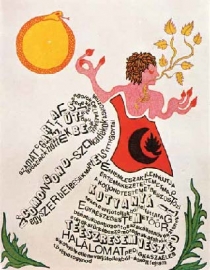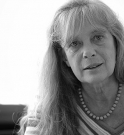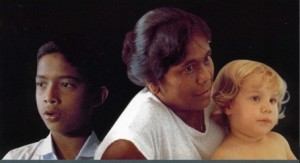10-10:15: Coffee/welcome (Sylvia Scribner Conference Room 6304.01)
10:15 – 11:00 Community Voice Research Project – Diverse Perspectives on the Role of the Community College
11- 12: DREAMers Speak: Narratives of DREAM Act Students
Lunch 12 – 1 @ Center for Globalization and Social Change (Rm 5109)
Afternoon Sessions on C Level 198
1:00-2:00 Continuing conversation: Findings from our “Community Voice” research project – with open discussion and activity session; discussion of the findings with data in hand and implications for practice and policy.
2:15-3:15: No Divide: A Project for Personalizing Academic Writing – campus-wide writing project
3:15-4:00 New Narratives, New Directions: Taking the Next Steps
4-5 Wine & Cheese! Reception @ Center for Place, Culture, and Politics (Rm6107)
Cosponsored by the Narrating Change Seminar in the Humanities, Center for Place, Culture, and Politics, Center for Globalization and Social Change and the Human Development, Psychology Training Area.
…..event description
Discussions led by a number of Graduate Center and Community College faculty and students (in alphabetical order):










